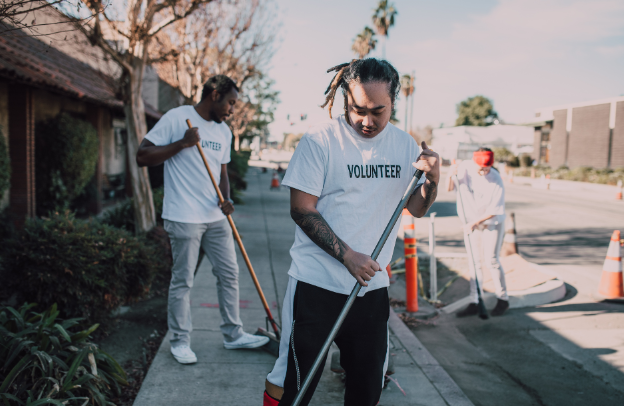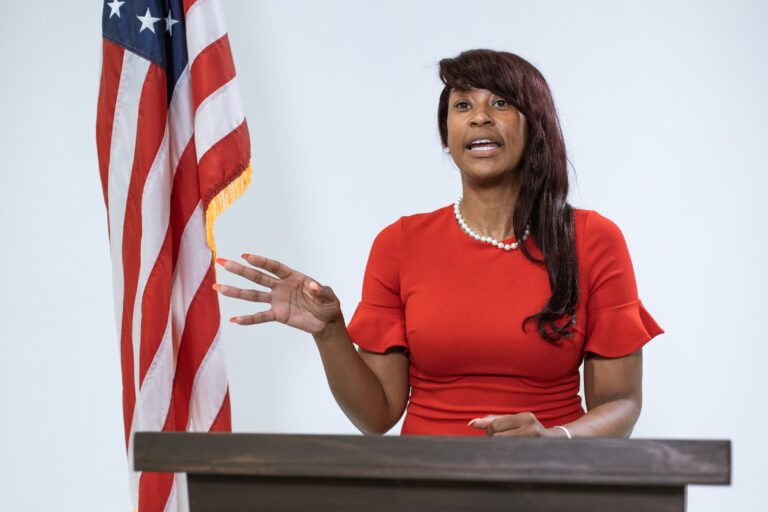From Proverbs to Power: How Obehi Ewanfoh Uses Memory to Empower the Next Generation

Under the shade of a tree in a small village in southern Nigeria, an elder begins to speak. No book in hand. Just memory. “If the child washes his hands, he may eat with kings,” she says. Around her, children listen, wide-eyed, alert, and grounded. They are not simply hearing words. They are inheriting a worldview.
Learn How to Leverage Your Story through our Story To Asset Framework.
For Obehi Ewanfoh, that image is not imagination. It is a memory. It is home. And it is the origin of a mission that has taken him from Uromi, Nigeria, to Verona, Italy, and across the global African diaspora: to restore the dignity, intelligence, and transformative power of African cultural memory, beginning with the child.
A storyteller, educator, and social impact strategist, Obehi believes in ancient wisdom that memory is more than mental storage. In the African worldview, memory is identity. It is an agency. It is power.
And in a world where many African-descended children grow up detached from their cultural roots, memory has become a critical key to educational success, self-confidence, and long-term growth.
Rooted in Memory: Obehi’s Early Motivation
Obehi’s earliest lessons didn’t come from chalkboards or printed textbooks. They came from proverbs whispered over cooking fires, from elders telling folktales under moonlight, and from a community where storytelling was a way of seeing and surviving.
You might also like Shaping a Collaborative Vision for Future Generations through the Role of Group Tourism
Raised in Esanland in Edo State, Nigeria, he grew up immersed in a culture where learning was lived. He often recalls the proverb:
“Omon ye oba, okpia gbe ru e gb’ede.”
A child is a king; do not destroy him with harsh words.
It was more than a saying—it was a philosophy. One that affirmed the worth of every child and reminded adults of their responsibility to nurture, not diminish. That foundational belief continues to guide Obehi’s work as he empowers African children and families through story-based education and cultural reclamation.
When he migrated to Italy in 2004, Obehi carried with him the memory of that oral tradition. What he discovered in the diaspora was a generation of children and youth struggling with fragmented identity. They excelled in foreign classrooms but felt invisible. They memorized facts but didn’t know who they were.
That disconnect became his call to action.
Proverbs as Pedagogy: Learning the African Way
At the heart of Obehi’s teaching philosophy is the belief that African proverbs are not just old sayings—they are sophisticated tools for learning, literacy, and leadership. In few words, they carry deep moral and intellectual lessons.
Take the Akan proverb:
“The one who climbs a good tree deserves a push.”
It teaches children that good actions deserve support—embedding values of cooperation and encouragement through metaphor.
This isn’t accidental. As Obehi often explains, African memory systems are designed to engage the mind and the heart. Proverbs, songs, and stories carry emotional weight, rhythm, and context—exactly what brain science today tells us aids learning. According to Harvard’s Center on the Developing Child, emotionally resonant experiences strengthen memory and cognitive development. African oral traditions have been doing this for centuries.
See also 15 Ancient African Proverbs on Growth and How to Apply Them
Indigenous Knowledge, Modern Solutions
In many African communities, education is not confined to the classroom. It happens in everyday life—on the farm, in the market, during rituals, and at home. This is known as indigenous knowledge, and it is deeply experiential.
For Obehi, reclaiming this method is not about nostalgia. It’s about survival and success. In an age where many educational systems prioritize memorization over meaning, children—especially those from diasporic or marginalized backgrounds—lose connection to how they learn best.
Obehi’s approach is simple but profound: bring African memory traditions into today’s classrooms, homes, and community spaces. Teach through story, movement, repetition, and cultural symbolism. Remind children that their minds are not empty vessels, but sacred archives.
In his workshops and lectures, he often shares strategies such as:
- Starting each day with a proverb, allowing children to reflect and draw meaning.
- Call-and-response exercises, rooted in oral tradition, to strengthen focus and participation.
- Story circles, where each child adds a line, learning structure, language, and collaboration.
- Memory games using African idioms, encouraging active recall and cultural pride.
- Proverb journals, inviting children to apply traditional wisdom to modern challenges.
These strategies do more than improve academic outcomes—they affirm the child’s identity. They help children feel seen, and when they feel seen, they can succeed.
Proverbs and Literacy: A Natural Alliance
Some might assume that oral memory and formal literacy exist in opposition. Obehi challenges that notion. In fact, he teaches that the two are not only compatible—they are inseparable in the African context.
See also Esan Stories, Eternal Lessons: Preserving Identity Through Memory
When a child recalls a proverb like,
“Wisdom is like a baobab tree; no one person can embrace it.”
They are engaging with metaphor, expanding vocabulary, and preparing themselves for writing and comprehension. Proverbs offer not just content, but form and voice. They train the child to think critically, to communicate with clarity, and to write with purpose.
Projects like Nigeria’s Iwe Mi Literacy Initiative, which use local stories and sayings to teach reading, are models for what Obehi calls “culturally congruent education.” They tap into a child’s existing knowledge system, accelerating understanding and self-confidence.
A Global Mission: From Uromi to the Diaspora
Obehi’s work has taken him beyond local classrooms. As the founder of WeDiasporan, a socio-cultural organization committed to reconnecting African descendants to their heritage, he’s helped build a bridge between memory and modernity. Through podcasting, documentaries, book series, and storytelling workshops, he mentors diaspora Africans to turn their stories into social impact tools.
His award-winning documentary Creating the Blackness of Africa explores how identity is constructed through memory and narrative. His podcast, The Obehi Podcast, dives into topics ranging from diaspora tourism to cultural entrepreneurship. And his “Story to Asset” framework helps social impact entrepreneurs turn personal stories into sustainable ventures.
At every level, the message is the same: your memory is your message—and your mission.
When a Child Remembers, They Rise
There is a proverb Obehi often repeats:
“A river that forgets its source will dry up.”
For him, it’s a guiding principle. When children forget where they come from, they lose more than memory—they lose direction.
But when they remember, through a story from their grandmother, a proverb on the classroom wall, a folk song from their village changes. Their posture lifts. Their curiosity expands. Their confidence deepens.
Obehi has seen it firsthand: the quiet child who blossoms after sharing a proverb in class. The disengaged student who finds focus through storytelling. The parent who rediscovers pride by passing down a tale from their homeland.
In every case, the shift is the same: from forgotten to focus, from passive to powerful.
Conclusion: Memory Is a Map
Obehi Ewanfoh’s work reminds us that education is not just about filling minds but about awakening souls. African memory, embodied in proverbs, stories, songs, and shared experience, is more than heritage. It is a roadmap for future generations.
As more African educators, parents, and diaspora leaders embrace memory as a tool for transformation, they are not just preserving culture—they are planting seeds of identity, intelligence, and inspiration.
For Obehi, the mission is clear:
Let the children remember. Let them rise with the rhythm of their ancestors in their hearts.
Because when memory becomes power, there is no limit to what they can become.
Learn How to Leverage Your Story through our Story To Asset Framework.





